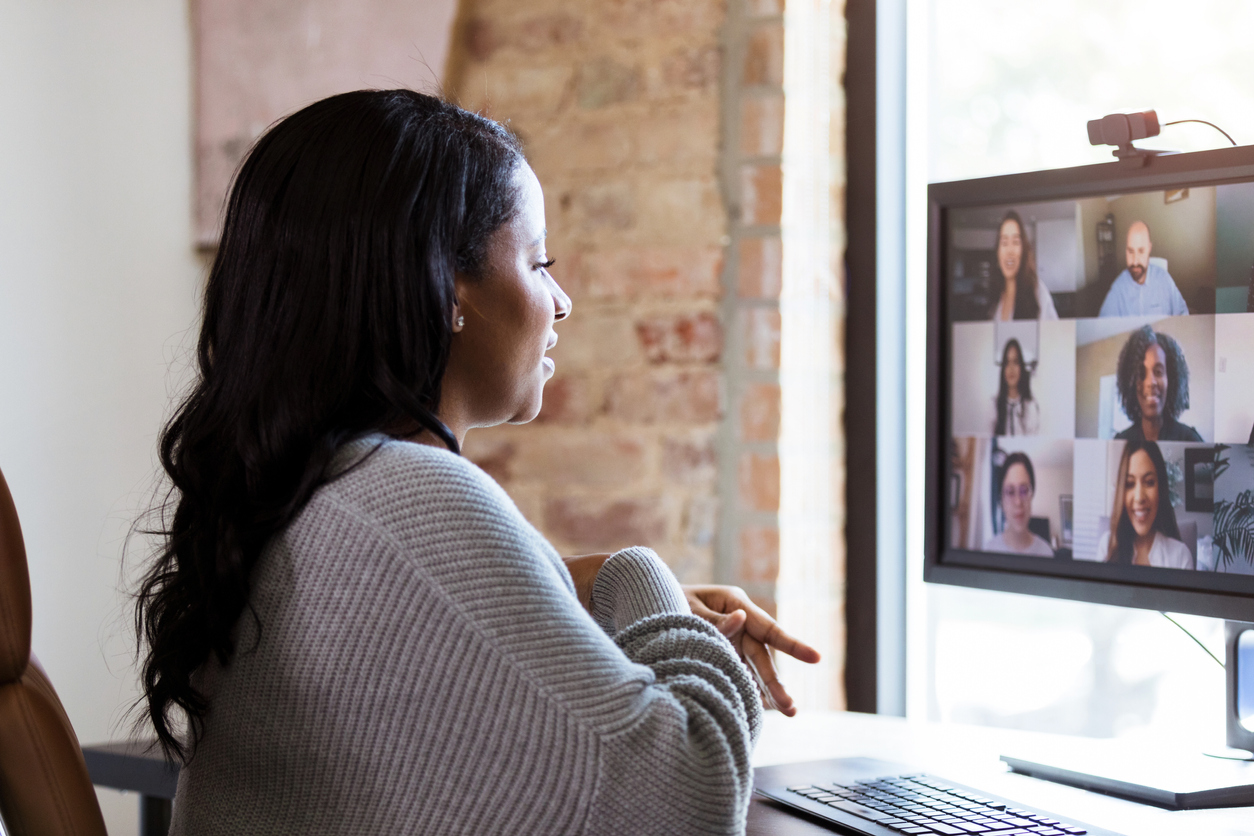Caring for a loved one with a terminal disease is difficult. But when the illness is a form of dementia, it can be especially heartbreaking for family members.
People suffering from cognitive disorders can lose their memories and personalities as the disease progresses. They may stop recognizing their family. They may not express appreciation for their caregivers. As a result the relationship between the caregiver and loved one breaks down.
I know all this because, for years it has been my privilege to serve HopeHealth as a hospice volunteer, and more than half of my patients suffered from a form of dementia. Prior to the pandemic, interacting weekly and sometimes daily with families, I saw firsthand how dementia affected patients and their loved ones.
I held patients’ hands and read to them. We played music, cards and puzzles together. Even though many individuals didn’t remember my name or face, I deeply cherished the opportunity to bring a smile to their face or watch their feet slowly tap in time with some old song they loved when they were young.
Today, I am bringing my lessons learned as a hospice volunteer to a new role at HopeHealth: co-facilitating virtual support groups for dementia caregivers.
Hopefully by the end of each session, we have gained an ounce of strength, a little insight, and perhaps even a reason to smile.
Finding support and solace through the computer

HopeHealth has long supported dementia caregivers through support groups. Before COVID-19 was with us, the groups met face to face in a safe environment to talk, cry and learn from each other.
The pandemic made life even tougher for family caregivers. Many found themselves isolated and in some cases cut off from family members who lived in facilities.
These caregivers needed support more than ever—and once again HopeHealth was there to help.
Adapting to the new environment, we began offering virtual support groups by Zoom videoconferencing. It has been my privilege and good fortune to contribute to a large team of volunteers guiding these groups.
Meeting virtually, participants share experiences and take solace knowing they aren’t alone. They learn how to address problems and defuse situations. They can look ahead and prepare themselves mentally and physically for what’s to come.
And while we can’t physically hold hands, the communal atmosphere still provides a base for support. Hopefully by the end of each session, we have gained an ounce of strength, a little insight, and perhaps even a reason to smile.
Finally, there’s an added benefit to taking support groups online. We can reach out and provide much needed support to families and caregivers across the country! That’s something we can all be proud of.
In case you missed it: Tears, laughter, understanding: Inside a dementia-caregiver support group.

